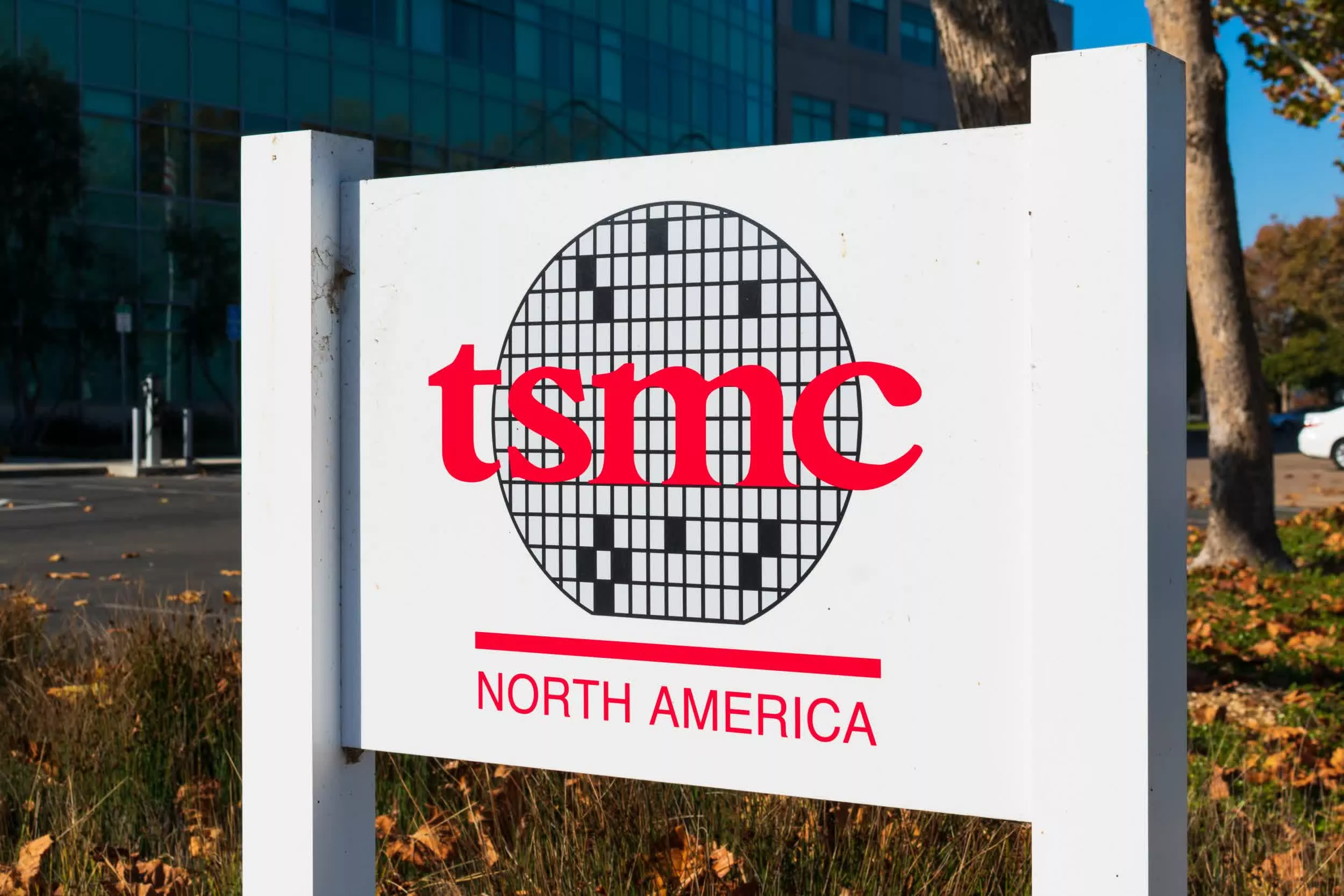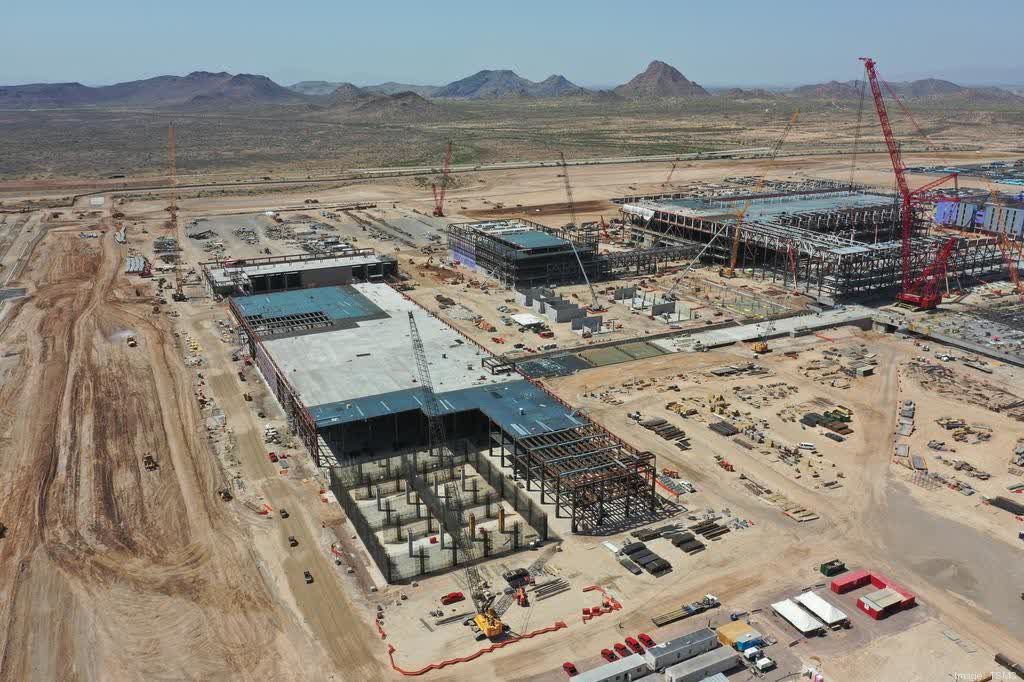What just happened? TSMC has become the latest beneficiary of the CHIPS Act after the US Commerce Department said it had reached a preliminary agreement with the Taiwanese giant to award it up to $6.6 billion in grants and $5 billion in loans. The money will be used by the company to build a third manufacturing plant in Arizona.

TSMC is already building two factories in Phoenix, Arizona. It said the CHIPS money will go toward creating a third fab at the site, operational by the end of the decade, that will use its next-gen 2nm process technology. TSMC plans to make its first 2nm chips in its home nation of Taiwan in 2025.
US Commerce Secretary Gina Raimondo said, "For the first time ever, we will be making at scale the most advanced semiconductor chips on the planet here in the United States of America, by the way, with American workers."
Raimondo added that the 2nm chips are essential to emerging technologies such as artificial intelligence, as well as the military. The grant includes $50 million in funding to train local workers, while TSMC will create 6,000 high-tech manufacturing jobs, more than 20,000 construction jobs, and tens of thousands of indirect jobs, Raimondo added.
TSMC said that it will increase its investment in the United States, from $40 billion to more than $65 billion, thanks to the award. Its other Phoenix fabs are expected to begin production in 2025 and 2028, with a combined capacity of 50,000 wafers per month.
The announcement marks another large handout to come from the CHIPS Act. The White House said in March that Intel would be provided up to $8.5 billion in direct funding along with up to $11 billion in low-interest loans and a 25% investment tax credit on up to $100 billion of capital investments. Samsung, meanwhile, is expected to receive a grant of over $6 billion.
The CHIPS Act has set aside $39 billion in grants along with $75 billion in loans and guarantees to bring semiconductor production back to the US instead of the world being reliant of Asia, especially Taiwan, which China has long claimed to be one of its territories. An estimated $18.7 billion in grant funds remains available after TSMC receives its money.
TSMC's current Arizona projects have been far from smooth. Construction timelines have been delayed on several occasions. There were also reports of hiring difficulties due to the twelve-hour days, common weekend shifts, and a "brutal" work-life balance.
TSMC to receive $11.6 billion from US under CHIPS Act, will build third Arizona plant

